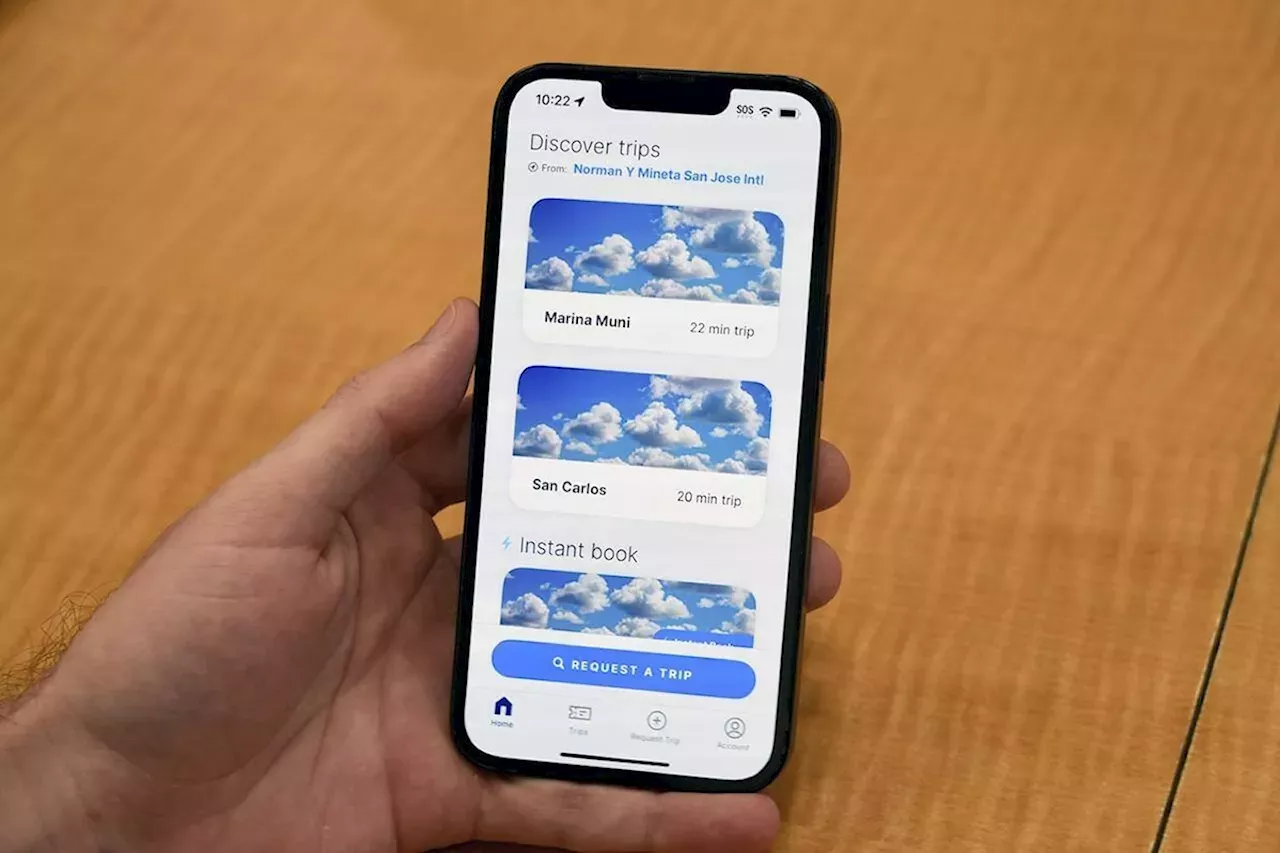When he was still a boy making long, tedious trips between his school and his woodsy home in the mountains during the 1980s, JoeBen Bevirt began fantasizing about flying cars that could whisk him to his destination in a matter of minutes. As CEO of Joby Aviation, Bevirt is getting closer to turning his boyhood flights of fancy into a dream come true as he and latter-day versions of the Wright Brothers launch a new class of electric-powered aircraft vying to become taxis in the sky.
The aircraft — known as “electric vertical take-off and landing vehicle, or eVTOL — lift off the ground like a helicopter before flying at speeds up to 200 miles per hour (322 kilometers per hour) with a range of about 100 miles (161 kilometers). And these craft do it without filling the air with excessive noise caused by fuel-powered helicopters and small airplanes. “We are just a few steps from the finish line. We want to turn what are now one- and two-hour trips into five-minute trips,” Bevirt, 51, told The Associated Press before a Joby air taxi took off on a test flight in Marina, California — located about 40 miles south from where he grew up in the mountains. Archer Aviation, a Silicon Valley company backed by automaker Stellantis and United Airlines, has been testing its own eVTOLs over farmland in Salinas, California, where a prototype called “Midnight” could be seen gliding above a tractor plowing fields last November. The tests are part of the journey that Joby Aviation and other ambitious companies that collectively have raised billions of dollars are taking to turn flying cars into more than just pie-in-the-sky concepts popularized in 1960s-era cartoon series, “The Jetsons,” and the 1982 science fiction film, “Blade Runner.” Archer Aviation and nearby Wisk Aero, with ties to aerospace giant Boeing Co. and Google co-founder Larry Page, are also at the forefront in the race to bring air taxis to market in the United States
